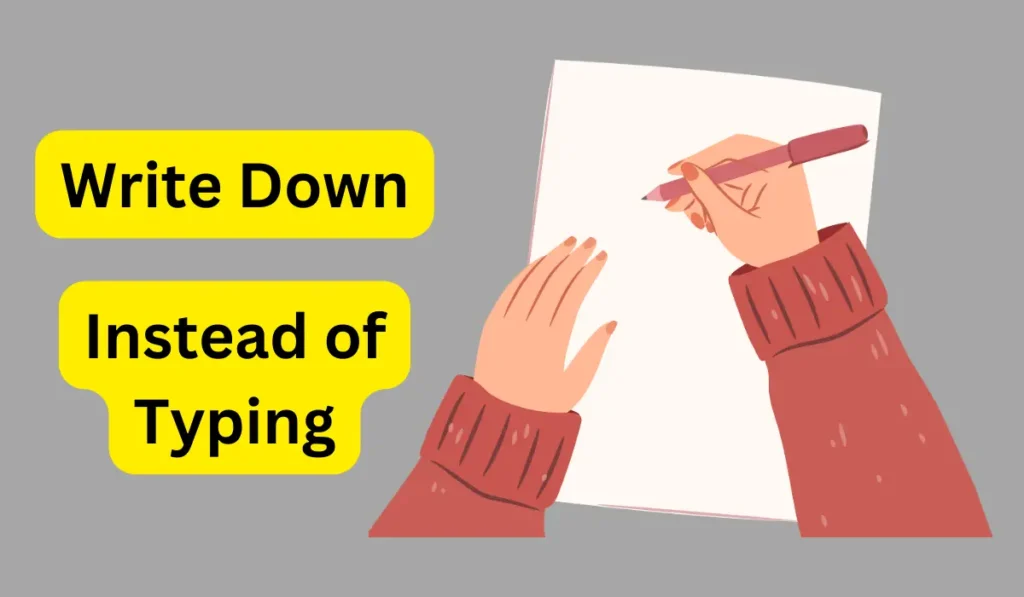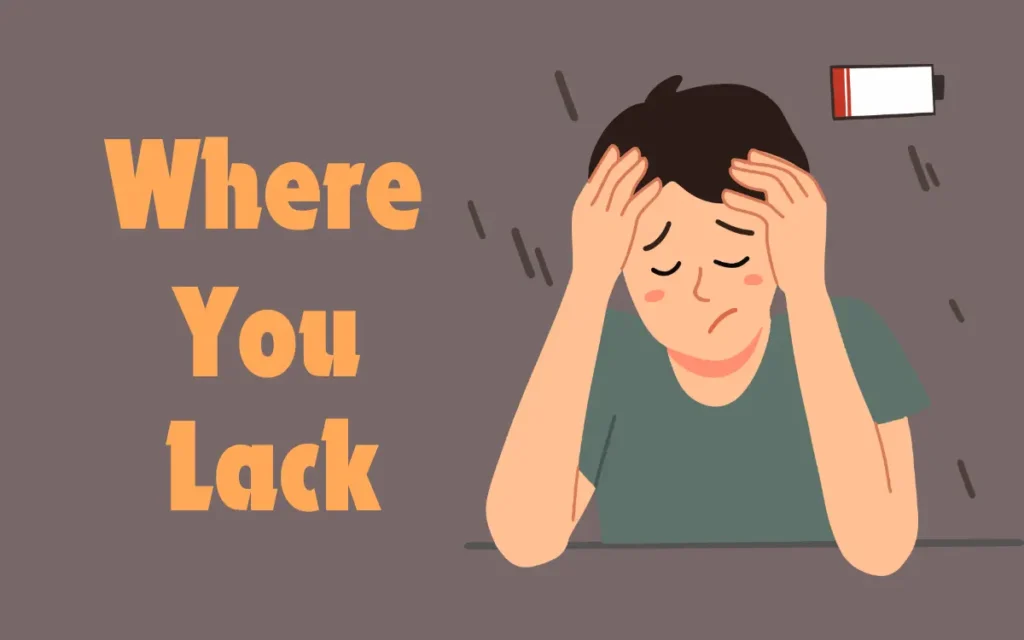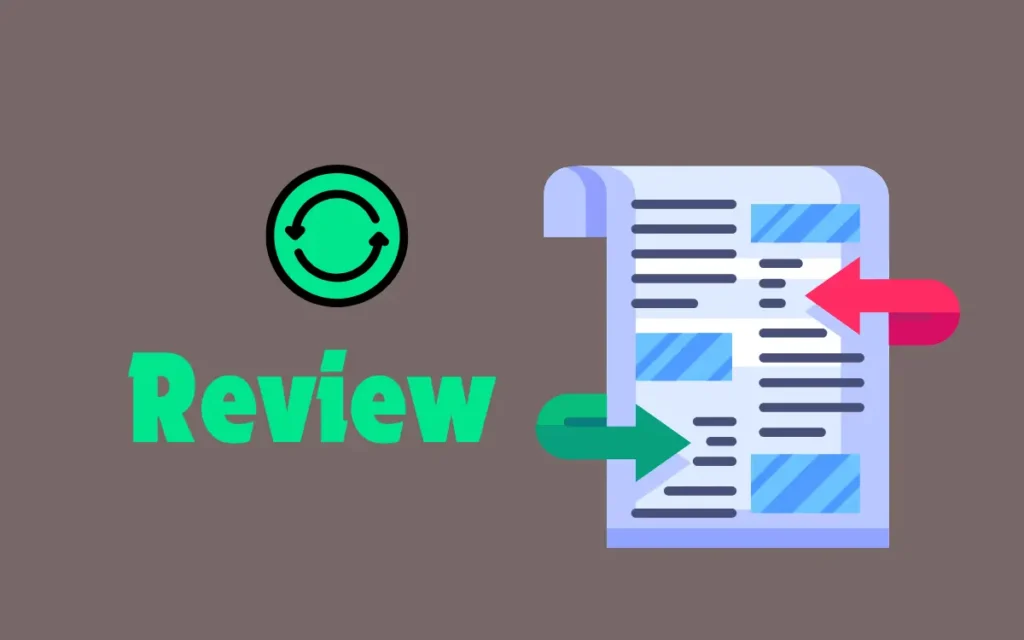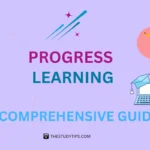Want to learn how to study fast?
If yes, then you have come to the right place.
Studying faster is most important for students and learners to achieve their goals. If you want good grades or want to top in exams. You have a couple of options according to me.
- Study faster to retain information in a short time.
- Giving more and more time to study instead of using smart study tips.
I have implemented these strategies into my daily routine and got significant results in my academic career. So, I would like to share these tips with you.
This article will share 8 proven strategies and also 3 bonus tips to improve your learning efficiency. By applying these secret tips you will be able to learn things faster.
Table of Contents
Toggle8 Tips on How to Study Fast
Here are the 8 proven strategies to learn faster in an effective way:
1. Write down Instead of Typing
Typing by hand on paper is better than typing in a Laptop as it helps you to learn the concepts quickly and helps you to remember what you have studied. It is the way to learn faster and retain information. Writing on paper reduces distractions and allows you to be motivated and focused during your study time.

Researchers have found that, if students take notes by hand, they will recognize important concepts faster and improve their listening skills. Here are the steps by which you can take notes:
- Open Your Notebook.
- Take Your Pen.
- You Can use different colors of pens for heading to improve organization.
- Write Down the Key Points of the topic you want to learn.
- Write carefully to identify the main concepts and information.
- Use headings, bullet points, and subheadings to Structure the note.
- These Steps are clear and will help you to learn quickly. Taking notes will help you to learn faster and remember questions quickly and effectively.
2. Test Your-Self
Testing yourself is one of the best ways to learn the information quickly. Self-assessment will help you to identify your area of weakness.
Test your memory by reciting the topic you have learned, and see what you need to improve. If you have learned the concept, it’s perfect or if not, then quiz yourself to see where you are struggling. Take some time to review the concept you have forgotten.
There are many online platforms for self-assessment according to the subject you are studying.
3. Refresh Your Mind By taking Breaks
Taking breaks is important, when we study constantly our brain gets distracted and overloaded if we put in more and more information. Try to study for at least 30 minutes. Taking breaks will refresh your mind.
Take a break of 5-10 minutes after studying for 30 minutes or 1 hour. You can use the Pomodoro technique:
- Set a Timer to 30 Minutes.
- Take a 5-minute break when it rings.
Going away from work for some time makes you more productive and you will be more concentrative when you return. By refreshing your mind you will be able to study faster without forgetting.
4. Know where you lack

Studying and learning new things is not enough without finding your weaknesses and not trying to beat them.
Use self-assessment tools like flashcards, and quizzes or check previous papers and mock tests. Pay attention to the areas in which you feel less confident. Once you have identified the mistakes give extra time to learn them better.
Don’t be afraid of your weaknesses view them as a growing opportunity in the future. Once you have become successful in tackling the area of weakness you will become more confident and motivated.
5. Reviews are better than Cramming
Choose reviews rather than cramming. Reviewing materials consistently helps you to boost long-term retention. Especially, when you are preparing for finals or most important tests. Reviews are important to study fast in less time.

When you cram you will learn information temporarily, and there is a high chance that you will forget it soon. Reviews will allow revisiting the concepts and clarifying the misunderstandings. By revisiting the materials regularly, you will understand the concepts deeply during study sessions.
Learning is not about passing tests or exams it’s about gaining knowledge. Regular reviews build a strong foundation for reaching your goals. By reviewing instead of cramming you will know correctly how to study fast. It is a good study habit, add this to your study routine.
6. Change your Practice technique
One of the most important ways to study faster is the variation of ways in which you can practice a particular or perform a certain kind of task. This approach is supported by research from Johns Hopkins University, which suggests that modifying your practice technique can lead to faster and more effective learning. It was then made clear that the secret is to keep tweaking the patterns of practice slightly to maintain the mind’s interest.
- Identify your current learning method.
- Research new methods to try.
- Experiment with new methods.
- Incorporate new methods into your routine.
- Reflect and adjust as needed.
7. Relate New Information to Your Existing Knowledge
This seems to be one of the best strategies for achieving efficiency in learning, for it involves integrating the new information into the existing knowledge base. This one helps to take advantage of the fact knowledge is already stored in one’s memory and build upon this to help find the correct location for the new information. Linking new knowledge to what you already know also helps in cutting short the time required to learn new content as well as boosts understanding of that new content.
- Think about the existing topic you already know.
- Think about how the new information connects with what you already understand.
- Use visual aids to help you connect new and previous knowledge.
- Summarize new information in your own words, highlighting connections to previous knowledge.
Bonus Tips to Learn Faster
Here are some additional tips to learn faster
1. Find a Study Buddy
Studying with friends or classmates is the best way to learn faster and more effectively. Your study buddy can help you in several ways:
- You can quiz each other and explain concepts to strengthen your understanding.
- Discussing the material out loud helps to remember the information in a better way.
- Having someone to keep you accountable can motivate you to stay on track.
2. Use Apps
There are many apps available that will help you to study faster. Some popular apps are:
- Flashcard apps like Anki or Quizlet help you memorize key terms and concepts.
- Mind mapping apps like MindNode or XMind to visually organize information.
- Pomodoro timer apps to help you study in focused intervals with regular breaks.
3. Create a Study Schedule
Making an effective study schedule is important to maintain consistency in studies. Here is how you can create a better study plan:
- Set specific times for studying each subject to avoid procrastination.
- Spread out you’re studying over multiple sessions rather than cramming.
- Build in time for breaks and rewards to stay motivated and focused.
Final Thought on How to Study Fast
Learning how to study fast is the best way to achieve your goals. By implementing the tips in the article, you will speed up your learning process. Tips such as writing by hand, taking self-tests, taking breaks, identifying your weaknesses, reviewing, changing practice techniques, and connecting new information to existing knowledge, students can improve their learning efficiency and retain information more effectively.
FAQs
-
Why is it vital to study fast?
Finishing exams and getting good results are academic goals that can only be attained by studying quickly. It helps learners in exploring more ground and efficiently retain knowledge.
-
How can I become a better note-taker so that I can study faster?
Why Handwritten notes are better for learning and memory retention than typed ones. Using headings, bullet points, and color coding will help you better understand and remember your notes.
-
How important is self-testing for fast learning?
Self-testing helps effective learning and the identification of weak points. You can learn the subject and concentrate on areas that need improvement by giving yourself a quiz.
-
How can breaks help you learn more quickly?
Regular breaks improve focus and avoid weakness by renewing the mind. By combining brief rest breaks with study sessions, productivity-boosting strategies like the Pomodoro method can be put into practice.
-
Why is it important to recognize and correct learning weaknesses?
Constant improvement involves knowing and conquering one’s shortcomings. By working on their weak areas, students can boost their self-esteem and general competency.
-
What is the benefit of content review as opposed to cramming?
Regular reviews support deep conceptual knowledge and long-term memory. In place of cramming, which results in temporary memorization, periodic reviews support the development of long-lasting information.










